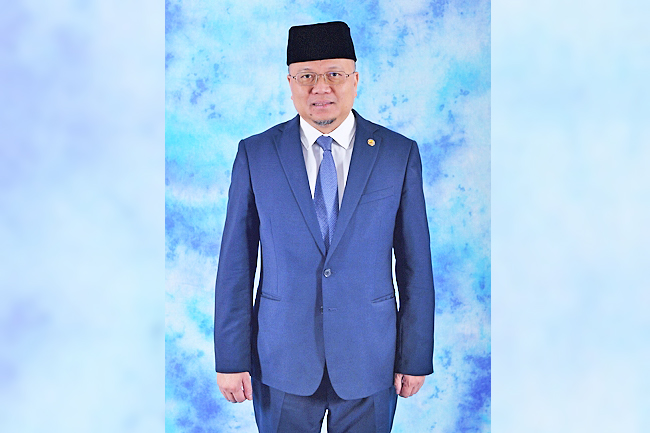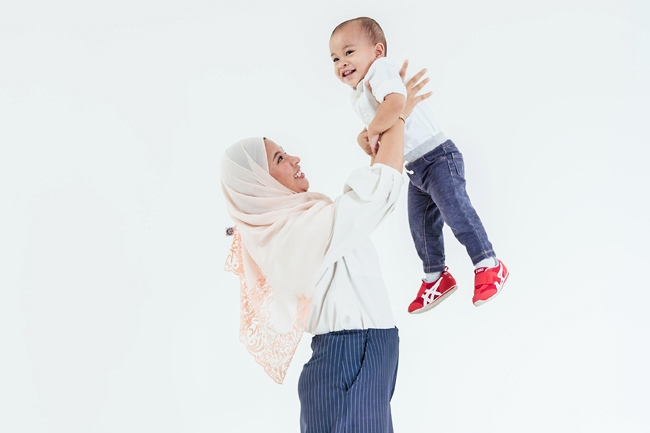Brunei Darussalam’s maternal mortality ratio for 2018 to 2023 is equivalent to between zero to 32.4 for each 100,000 births, which is zero to two of deaths per year.
The latest maternal mortality ratio for the year 2023 is 15.9 per 100,000 births, equivalent to one death per year.
This is in line with the target of Sustainable Development Goal (SDG) 3.1 to ensure that the maternal mortality rate is below 70 per 100,000 births.
Minister of Health Dato Seri Setia Dr Haji Mohd Isham bin Haji Jaafar shared the maternal mortality ratio for the Sultanate in his World Health Day celebration message.
The minister said on April 7 every year, the world including Brunei, celebrates World Health Day to strengthen the country’s awareness and commitment on health and wellbeing of community.
This year’s theme ‘Healthy Beginnings, Hopeful Futures’ emphasised the importance of starting a healthy lifestyle as the foundation for a brighter future, the minister said. The theme focuses on the health of mothers and newborns in the first month of life and further calls on governments and the health community to intensify efforts to end preventable maternal and newborn death as well as to give priority to longer term health and well – being of women, he said.
The minister added; “Based on the updated figure published by the World Health Organization, nearly 300,000 women globally lost their lives due to pregnancy or childbirth each year, while over two million infants die in the first month of life, and around two million passed away are stillborn. This equates to one preventable death every seven seconds.
“What is even more worrying is that, on current trends, four out of five countries are reported to be unable to meet targets related to increasing maternal survival by 2030, while one out of three countries will fail to meet the target of reducing infant mortality in the first month of life.”
He said within the past 50 to 69 years, the Sultanate achieved a good reduction in the number of maternal and infant mortality. “However, statistics show that further reductions are not necessarily easy to achieve, especially with the increase in chronic diseases such as high blood pressure, diabetes and obesity among young women of childbearing age,” the minister added.
Each pregnant woman diagnosed with diseases, Dato Seri Setia Dr Haji Mohd Isham warned “is at high risk of giving birth to a baby with a birth defect, stillbirth, or premature birth”.
He added, “There is also a theory with strong evidence that exposure to these health conditions in the womb can predispose the baby’s body to the same health problems as an adult.
“This means that even if the baby is born at full term and appears healthy on the outside, there may already be a ‘programme’ in the baby’s body that leads to a risk of developing cardiovascular, metabolic, or immunological diseases in the future – simply because of the environment in the womb while the baby was developing as a fetus. The situation is also made worse if after the baby is born, the family continues to adopt an unhealthy lifestyle as the baby grows up.” – James Kon




